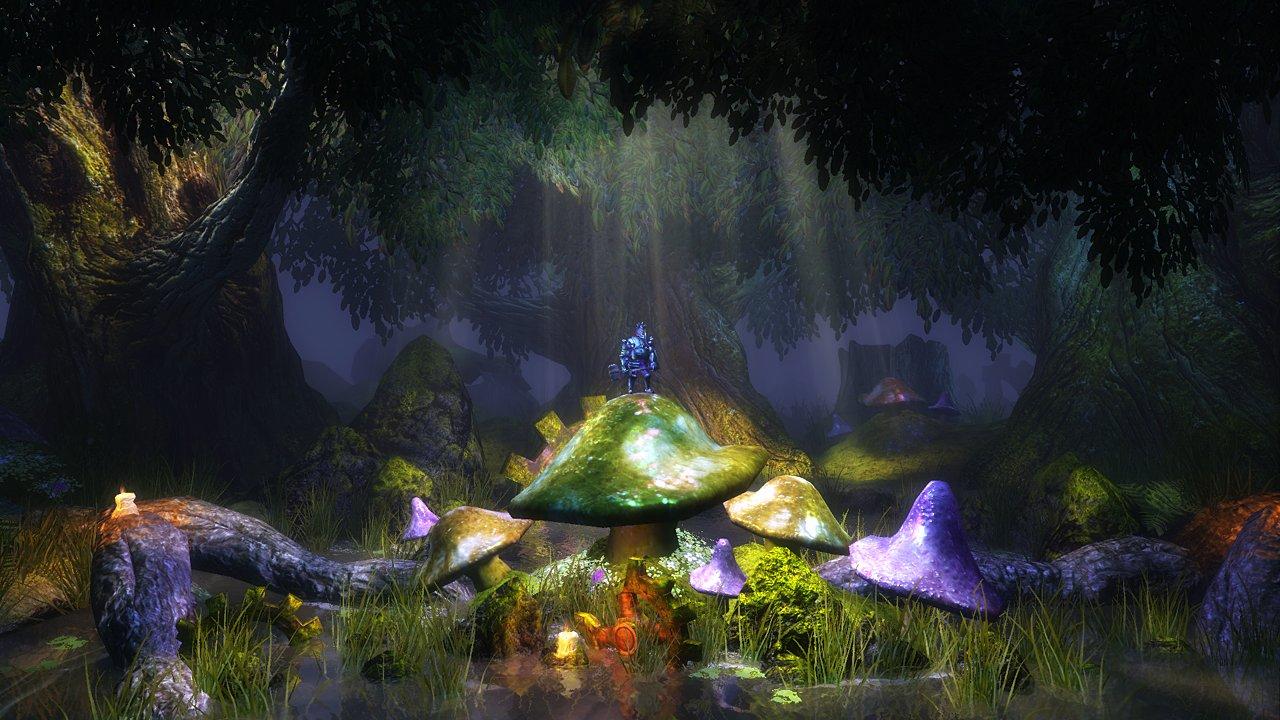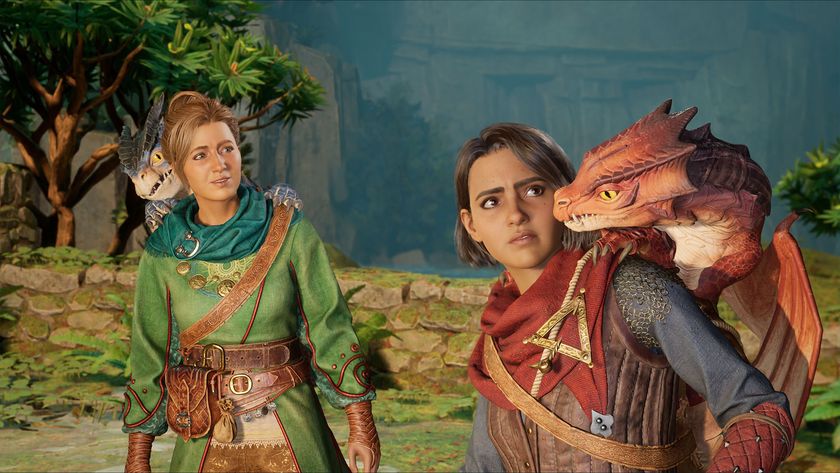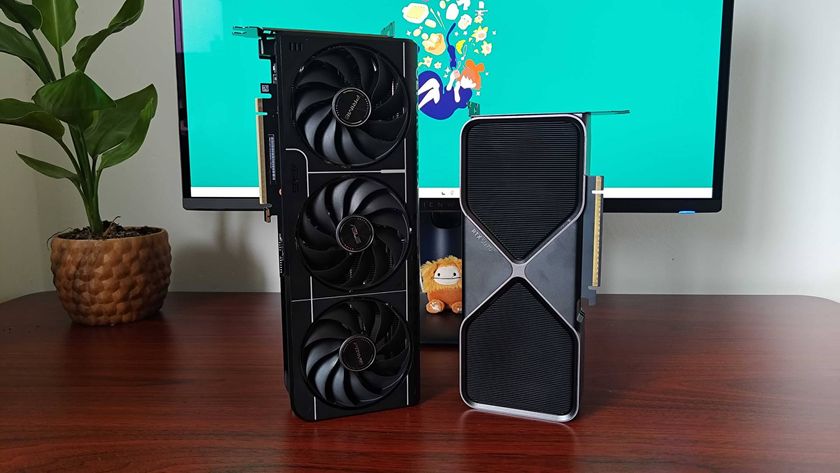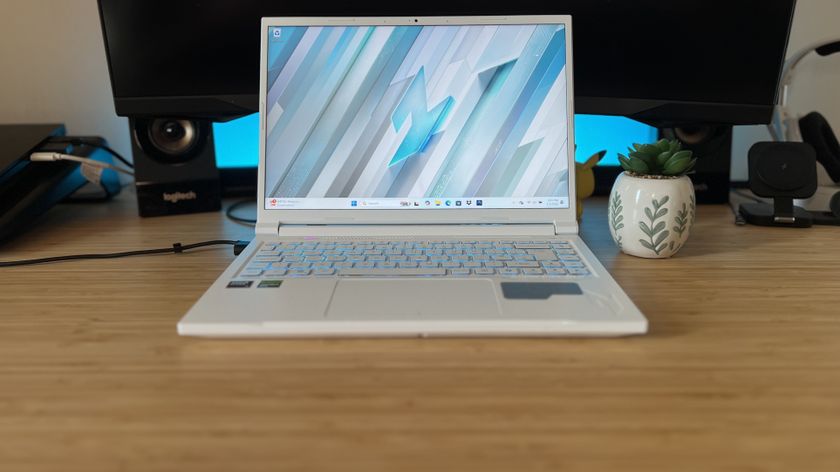12DOVE Verdict
Pros
- +
Springy
- +
weighty and slick physics
- +
Glows with lustrous
- +
sparkling colour
- +
Creative co-op play
Cons
- -
Co-op is one-PC only
- -
Not as fun alone
- -
A bit pricey for what you get
Why you can trust 12DOVE
Bungling through Trine’s side-scrolling levels of physics puzzles with two friends is definitely the way to go. In single-player, you transform between these three characters, using their abilities to solve puzzles step by step. Conjure a platform as the Wizard, swing from it as the Thief, then turn into the Knight to bash the skeletons on the other side.
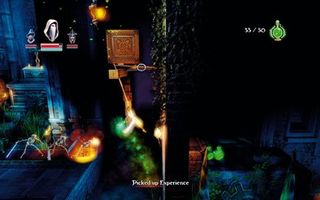
In co-op, up to three of you can solve those same puzzles together: the Wizard can levitate a box with the Knight standing on it, while the Thief dangles beneath. It’s a funny, surprising and creative way to play, but you do all have to play on the same PC. One on keyboard and mouse, the rest on gamepads. Chummy, but hardly convenient.
The physics simulation driving all this is springy, weighty and slick. The Thief’s elastic grappling arrow is particularly funky to bungee from, and the Knight’s sledgehammer shatters skeletons with a delicious crunch. Trine feels exquisite. It looks exquisite, too. The simple storybook tale leads you through soft-lit caverns that glow with lustrous, sparkling colour.
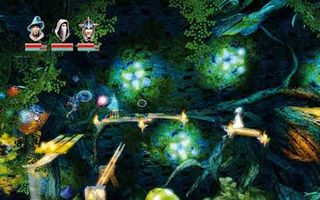
Your abilities, alone or in co-op, start out versatile and grow broader. All three heroes discover new powers and earn points to level-up existing ones. Once the Wizard learns to create free-standing platforms in mid-air, and upgrades them to let the Thief grapple onto them, there’s little that combination won’t solve.
Even before that point, the logic of Trine’s puzzles is muddied by the power of your toolset. It’s only for the first few levels that you have to examine the systems and invent a solution. After that, you tend to slip into a mindset of “Can I make a box? Can I make a bridge? Can I just swing past this?” Mostly, yes.
Trine doesn’t know how to raise the difficulty of its puzzles when your abilities are so potent, so instead it ups the stakes. Past the halfway mark, almost every puzzle has lava or toxic slime beneath it, and the game delights in hurling unreasonably spiky balls at you. Neither make the puzzles harder to solve, they just vastly increase the risk of experimentation, the cost of slipping up even slightly, and the stormy mood with which you trudge back from the last checkpoint.
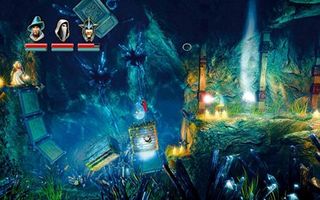
Played alone, the second half of Trine sours into a fiddly, irritating flagellation. In co-op, these final three hours are still measurably worse, but the levity of mocking each other’s failures and sharing in truly collaborative successes brightens the mood dramatically. In single-player, the first four hours are just about good enough to be worth the not-to-be sneezed-at price on Steam. With friends and a couple of gamepads, though, it’s too much fun to miss.
Jul 16, 2009
More info
| Genre | Action |
| Description | In single-player, the first four hours are just about good enough to be worth the not-to-be sneezed-at price on Steam. With friends and a couple of gamepads, though, it’s too much fun to miss. |
| Platform | "PC","Xbox 360" |
| US censor rating | "Everyone 10+","Everyone 10+" |
| UK censor rating | "12+","12+" |
| Release date | 1 January 1970 (US), 1 January 1970 (UK) |
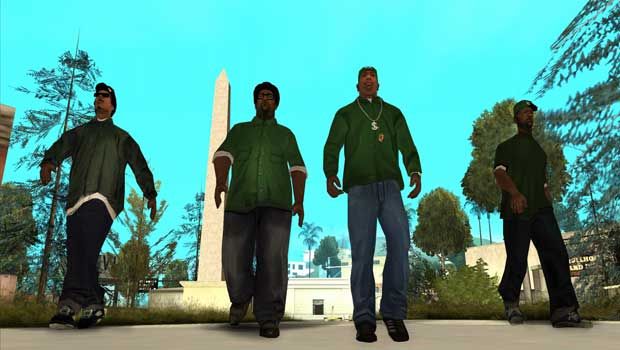

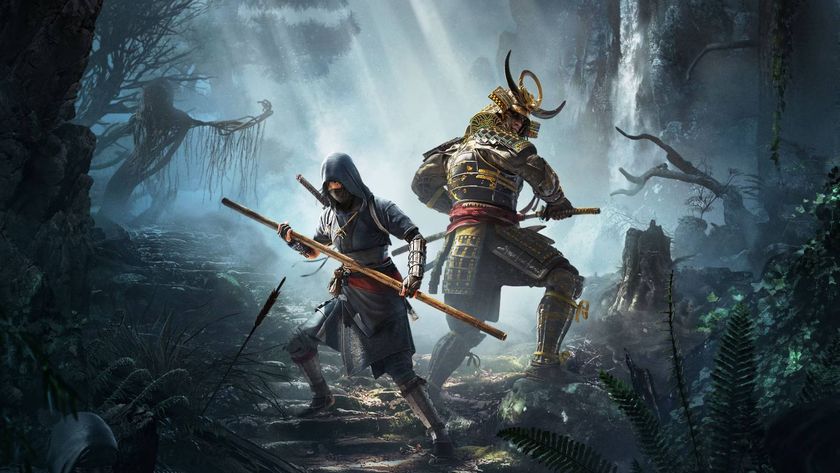
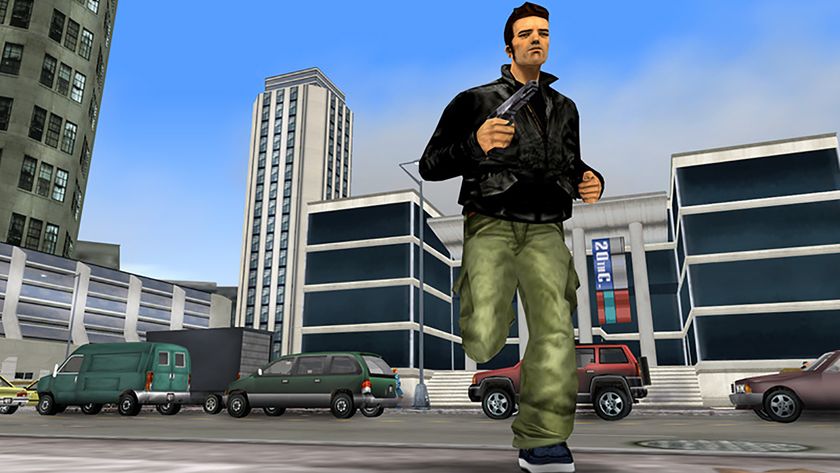
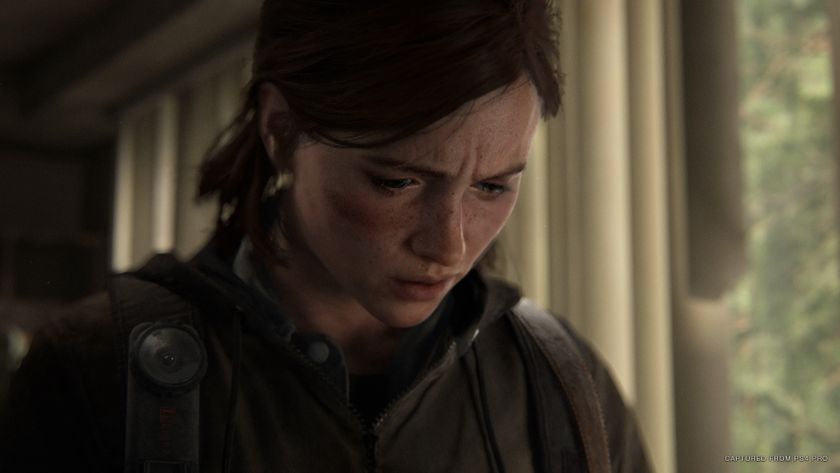

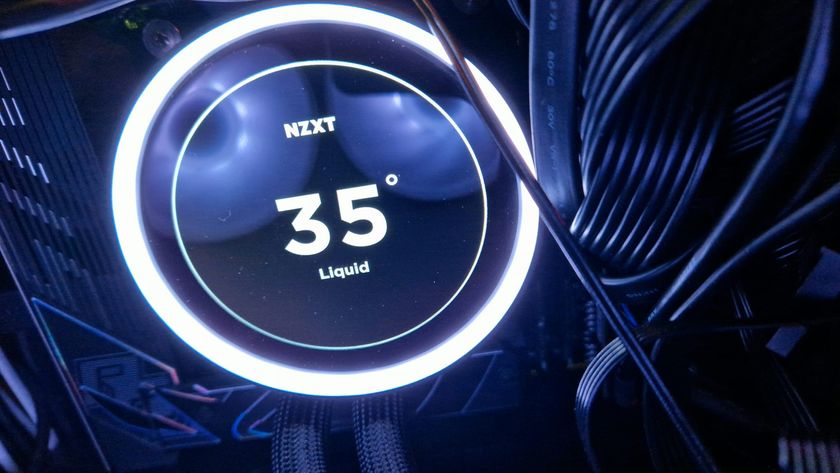
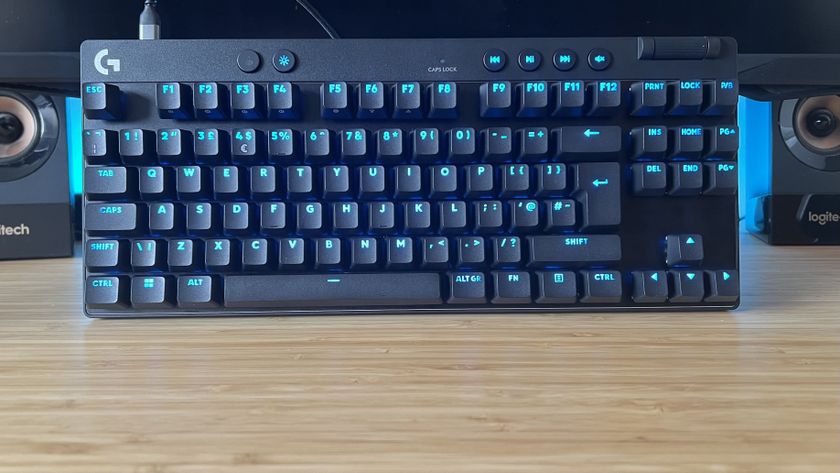

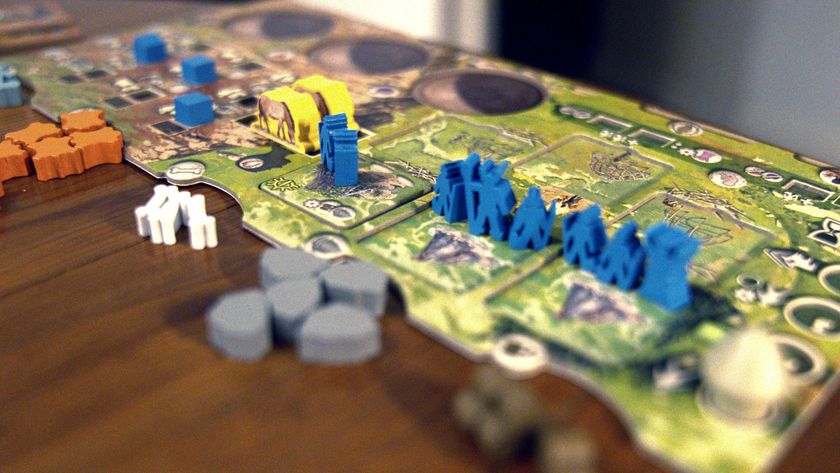
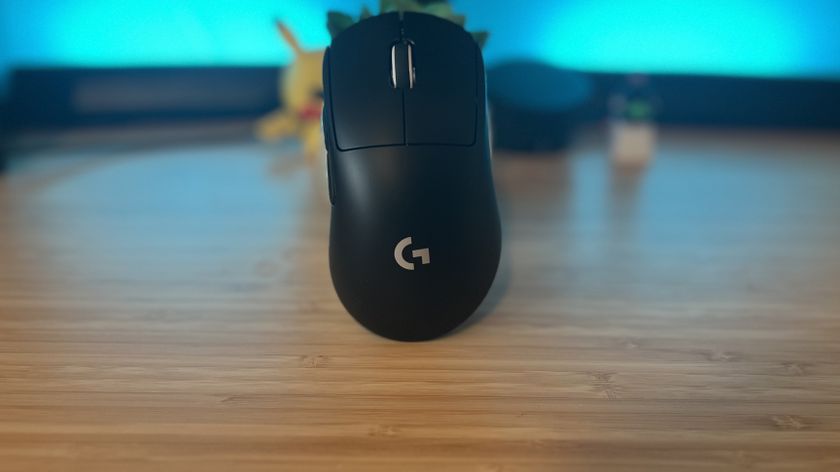


The Witcher 3 dev says his new vampire RPG Blood of Dawnwalker wants to challenge genre conventions, but only if "we're changing them to actually achieve some goal"

Marvel fans are discussing which of the Netflix series characters would have survived the Blip
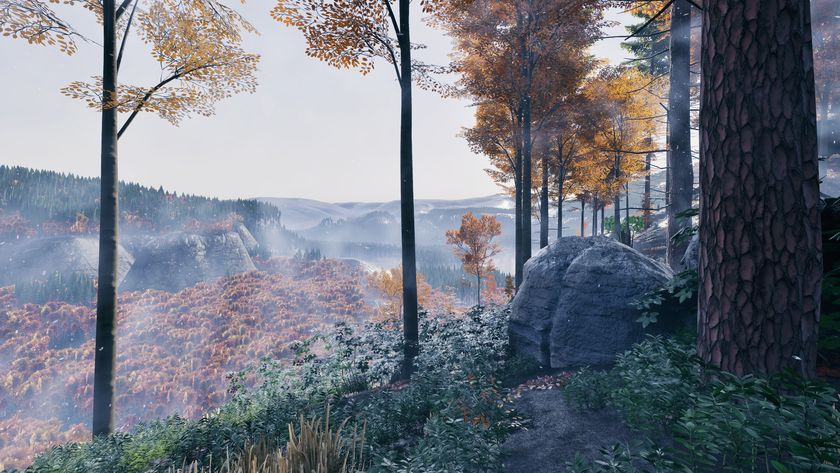
PUBG creator's wilderness survival game actually draws inspiration from an unexpected place - a whole raft of zombie games like DayZ, Project Zomboid, and Left 4 Dead
